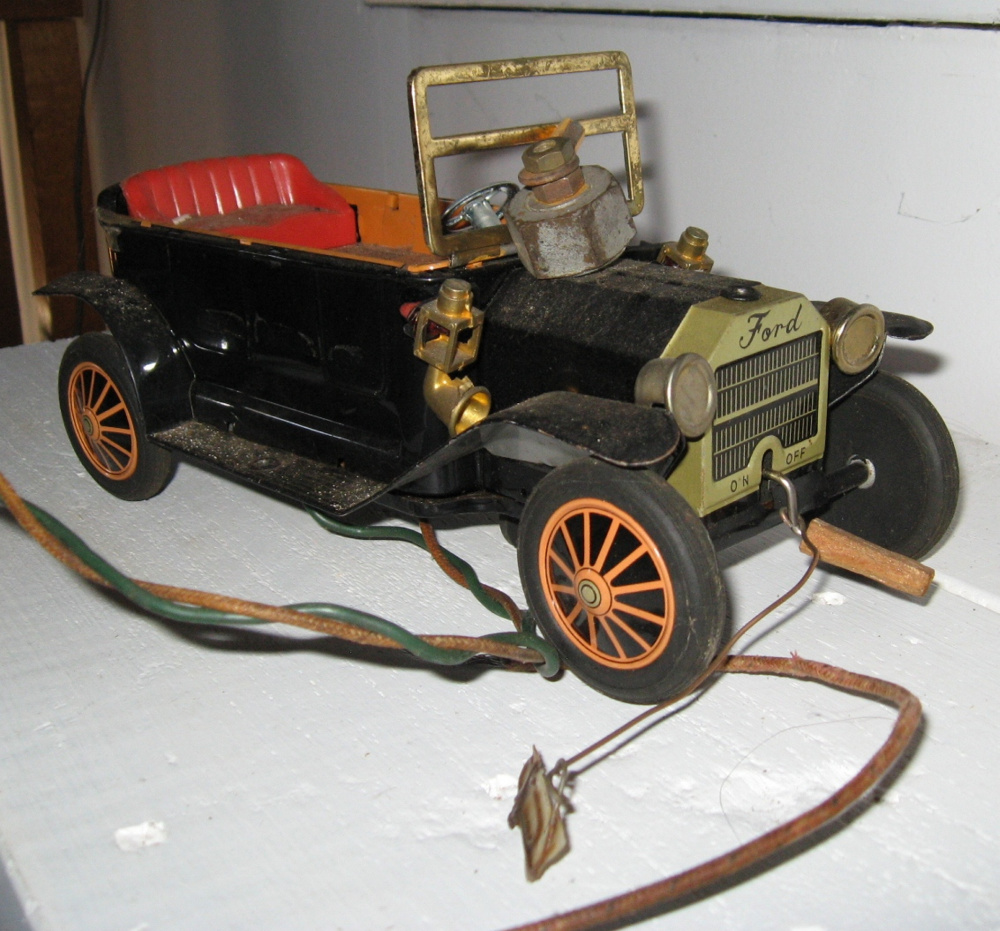You are missing out if you don’t have a Roku apparatus on your television set. Roku enables you to watch the countless lectures that are now available on YouTube as you vegetate in your favorite chair. There are Yale lectures on Rousseau and Schopenhauer and evolution and medicine.
My favorite, however, is an informative series by Stanford neuroendocrinologist Robert Sapolsky. He talks about the brain and why we do what we do. You might have read one or more of his popular books. Long before I discovered Professor Sapolsky’s lectures on my TV set, I read three of them. One was “Why Zebras Don’t Get Ulcers.”
To save you the price of that interesting book, here’s the spoiler. When the zebra escapes from the lion – when he stops running and his heart rate returns to normal – he soon forgets about it. A human being would continue to worry about the lion for weeks until hospitalized by heartburn, indigestion or nausea.
When Professor Sapolsky mentioned some grad students who, in the course of an experiment, patted their rat for three seconds, I sat upright in my chair. When the good professor was still in grade school, I was already a grad student at the University of Rochester with my own laboratory rat. I named him “Vilkas,” which, you might know, is “wolf” in Lithuanian.
If you’re not used to working with animals, it takes a while to get onto it. Rats that don’t know you are likely to be a bit skittish and make a bid for freedom, so you have to learn how to hang on to them. Vilkas got away from me the first time I picked him up, and I have a vivid memory of trying to retrieve him from beneath a rack of stainless steel trays.
Vilkas would gently bite my finger if I put it in front of his nose, just to check out the texture or to see what it was.
Unlike many students in disciplines where it was necessary to “sacrifice” their pet, I took Vilkas home to Maine for the summer.
If you’ve ever had a dog, cat or disagreeable spouse, you already know that you can become attached to most anything. We bonded as I spent hours teaching Vilkas to drive a small mechanical toy car.
There was a crank on the front of the car. The thirsty Vilkas would push the crank, which started the noisy motor, and jump on the car for his water reward. We started with the car up on blocks, but it was my intent to eventually remove them so Vilkas could amaze my friends as he ceremoniously drove into the dining room.
Why teach a rat to drive a car? If you are going to teach a rat to press a bar to get a food pellet or a drop of water, you might as well have him pick up some useful skill at the same time.
You’ll probably be surprised to hear that I wouldn’t pat your dog. When I touch a dog, I feel I must immediately wash my hands. Anyone who has seen a dog rolling on his back, coating himself with some fresh identifiable substance on the lawn, knows why I need to do this.
I’m deathly allergic to cats and horses, so touching them was never an option – although, having read Swift, I’ve always thought of horses as being nice people.
Yes, one develops not only a tolerance but also a fondness for one’s own pet, and I did. You’ve seen people fondling snakes. My friend Clyde has a pet pig who lives in his house. And there came a time when I’d walk about with my rat perched on my shoulder.
The summer I was home with Vilkas, Jack Neubig from Friendship was building a brick fireplace in the house next door, and he’d come over at noon to socialize and eat his dinner with me. One day I went in the next room, put on a sport jacket and dropped Vilkas down into the sleeve by my armpit. Then I went back into the kitchen and sat down at the table across from my guest.
Vilkas slowly crawled down inside my sleeve until he finally stuck his head out by my wrist. He wiggled his whiskers at Jack and smiled a welcome with his big, yellow teeth.
Jack Neubig was a tough old mason who had seen his share of things. But he told me that watching that rat stick his head out of my sleeve at the dinner table was the worst thing he had ever seen in his life.
The humble Farmer can be seen on Community Television in and near Portland and visited at his website:
www.thehumblefarmer.com/MainePrivateRadio.html
Send questions/comments to the editors.



Success. Please wait for the page to reload. If the page does not reload within 5 seconds, please refresh the page.
Enter your email and password to access comments.
Hi, to comment on stories you must . This profile is in addition to your subscription and website login.
Already have a commenting profile? .
Invalid username/password.
Please check your email to confirm and complete your registration.
Only subscribers are eligible to post comments. Please subscribe or login first for digital access. Here’s why.
Use the form below to reset your password. When you've submitted your account email, we will send an email with a reset code.